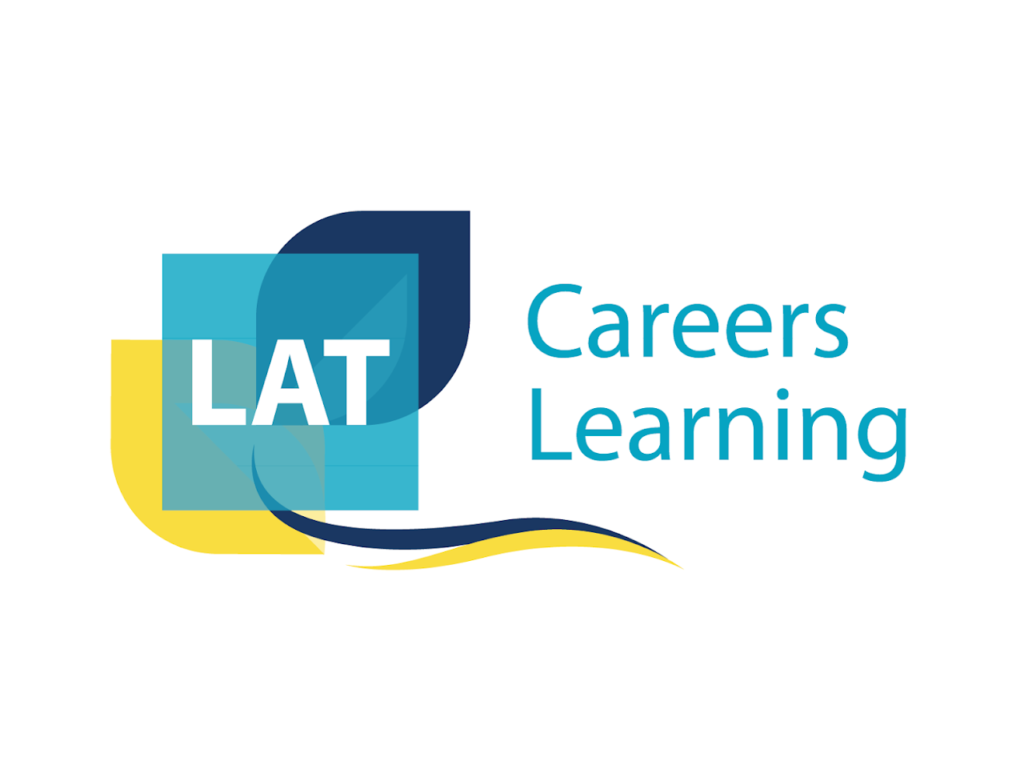You may not realise that you are learning about careers in your Maths lesson! Try to see how many times you can link careers within your subjects and consider how different subjects combine together in different job sectors.
Year 7
- Transition from primary school to secondary school
- Understanding why careers are important
- Links between the subjects studied and the workplace
- Understanding different occupational areas
Year 8
- Equal opportunities and stereotypes
- Exploring, using and understanding different types of information e.g. biased or persuasive
- Understanding the structure of the workplace
- Exploring different qualifications, progression routes and pathways available
- Understanding STEM (science, technology, engineering and maths) related jobs
Year 9
- Decision-making
- Peer pressure and influences of others in decision-making
- GCSE option process
- Implications of choices and potential progressions pathways
- Challenging stereotypes in the workplace
- Understanding labour market information
Years 7, 8 and 9
- Setting personal goals and targets
- Exploring aspirations and pathways
- Knowing where you can find information and who can help


